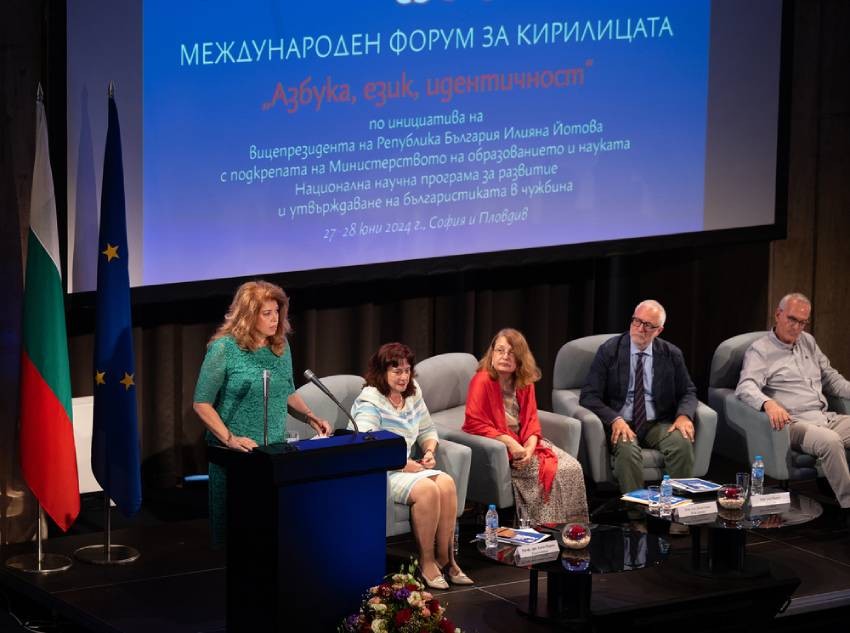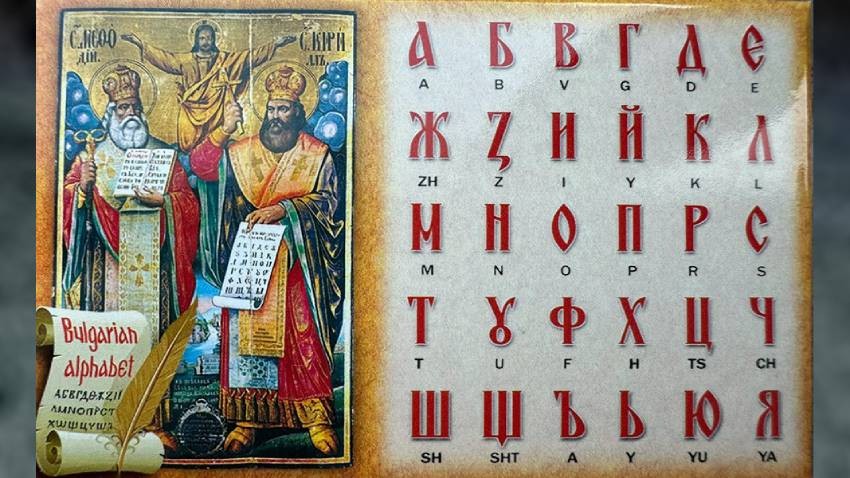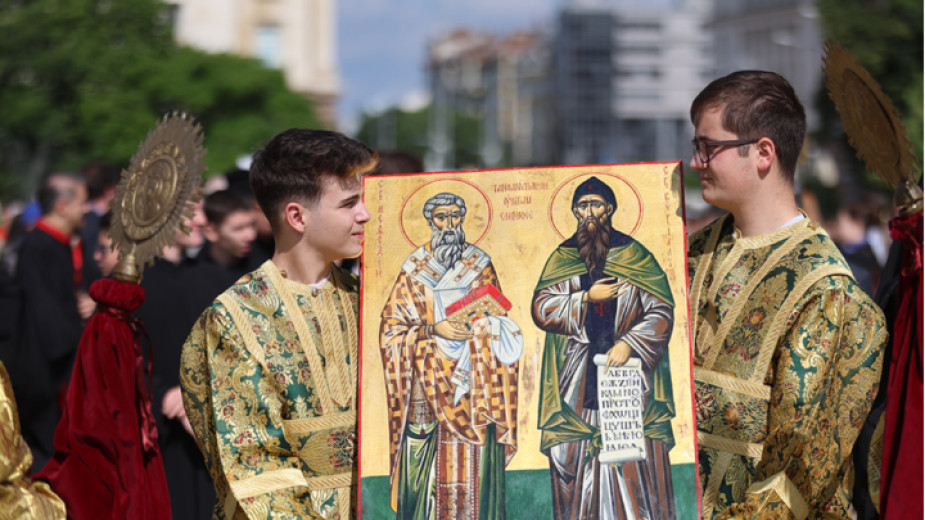"The dying fire is often rekindled thanks to a few remaining embers." With these warm words, Slavic philology professor Krassimir Stantchev inspires hope that the fading interest in the Bulgarian alphabet, the Bulgarian language and Bulgarian culture abroad will one day rekindle its glow.
At a recent international conference on Cyrillic, held in Sofia and Plovdiv with the participation of scholars from eleven countries, the participants acknowledged a disturbing fact: the number of Bulgarian studies lectures abroad is decreasing with each passing year, and today there are only twenty-nine.
The situation is so serious, according to a professor at Italy's Roma Tre University, that there is literally talk of saving the teaching of Bulgarian in Europe.



Canadian writer of Egyptian origin Eric Chacour is a quest of Radio Bulgaria during his visit to Sofia as one of the visiting speakers during the Month of Francophonie organized by the French Institute in Bulgaria . His award-winning debut novel Ce..
The upcoming exhibition of Bulgarian artist George Papazoff in Zagreb on 5 May 2025 was the focus of a meeting at the Bulgarian Embassy in the Croatian capital. The discussion brought together Diana Glasnova, Secretary General of the..
The Sofia Opera has been invited to open the opera season in Salerno, Italy on April 11 and 13 with a performance of the second part of Richard Wagner's tetralogy Der Ring des Nibelungen (The Ring of the Nibelung) - Die Walkure (The Valkyrie). This..
The upcoming exhibition of Bulgarian artist George Papazoff in Zagreb on 5 May 2025 was the focus of a meeting at the Bulgarian Embassy in the Croatian..
Canadian writer of Egyptian origin Eric Chacour is a quest of Radio Bulgaria during his visit to Sofia as one of the visiting speakers during the Month..

+359 2 9336 661
